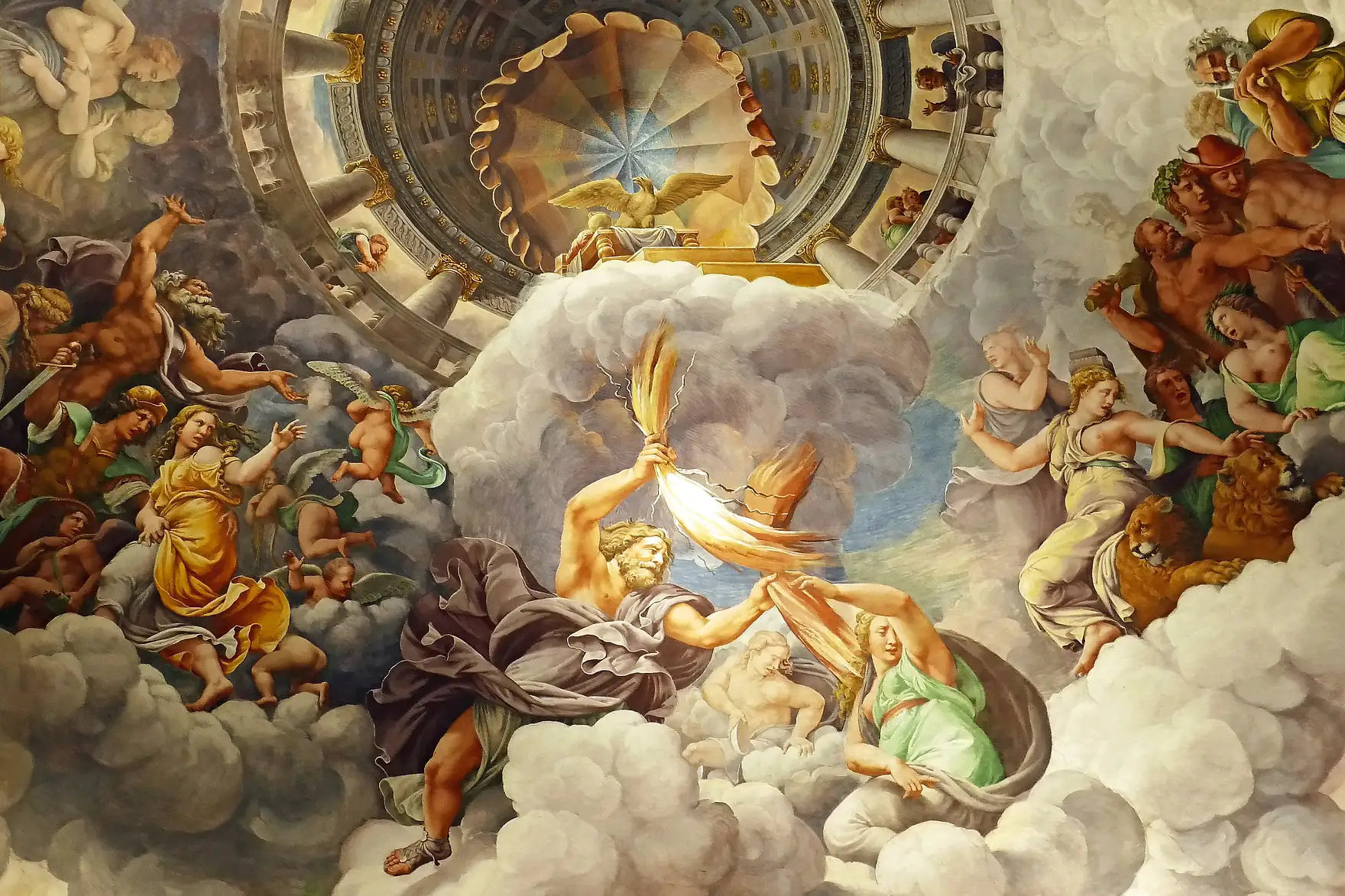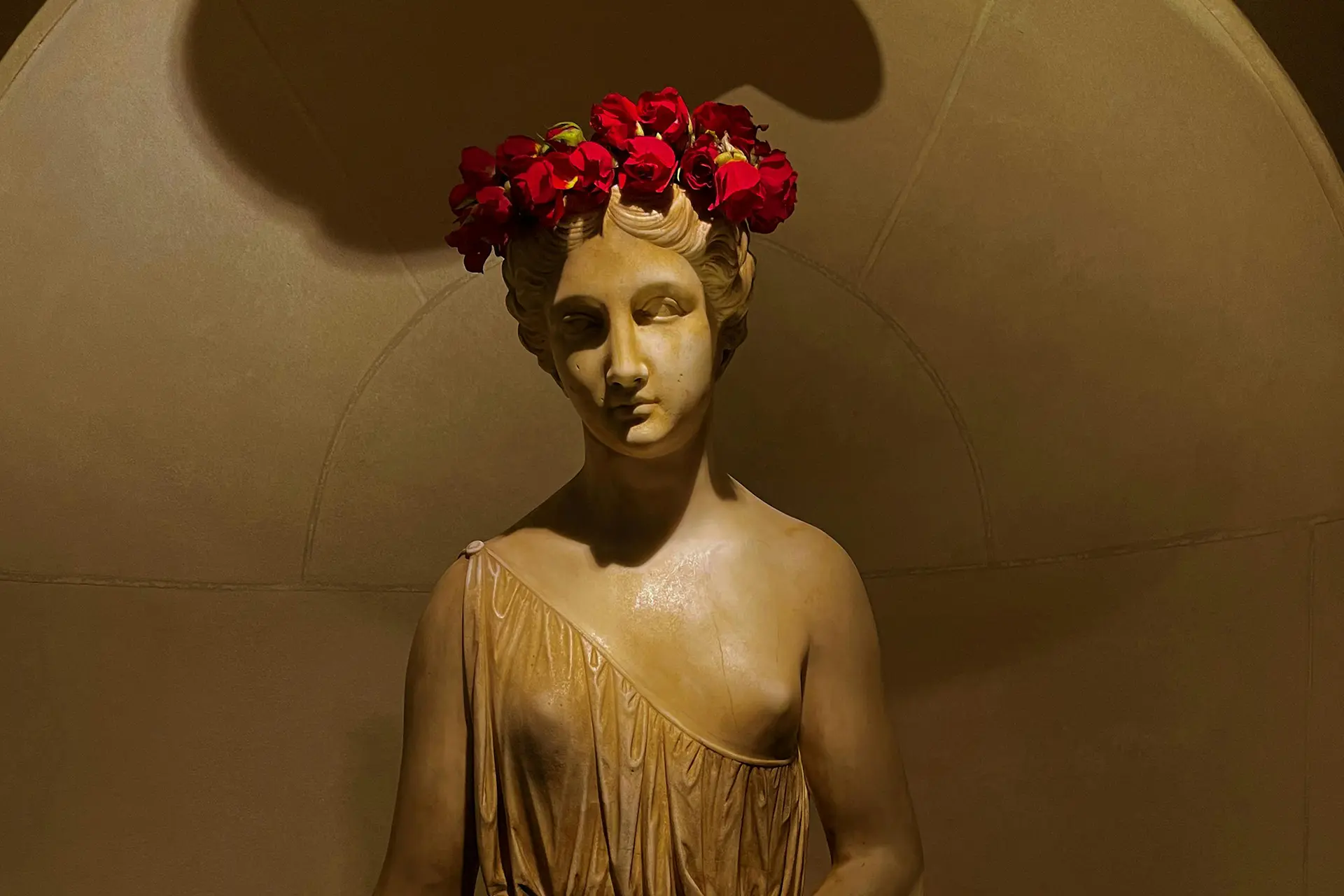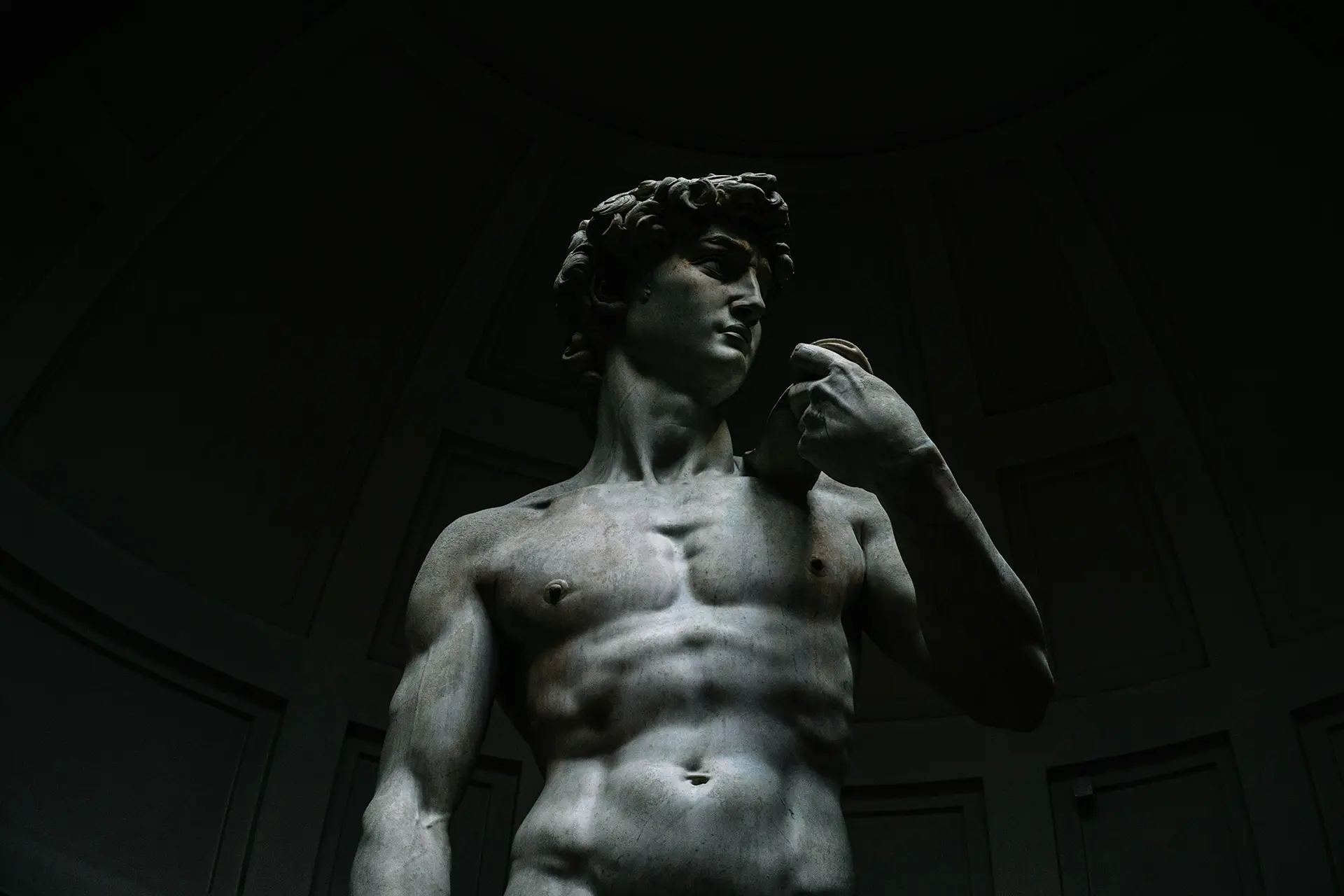
Throughout Greek literature, Mount Olympus holds a place of unparalleled significance.
As the mythical home of the gods, this majestic mountain has served as both a literal and symbolic setting for countless works spanning centuries. Its depiction evolves from ancient epics to modern narratives, but its essence remains the same—a realm of divine majesty, mystery, and inspiration.
Mount Olympus in Ancient Greek Epics
The earliest literary references to Mount Olympus can be found in the works of Homer. In both the Iliad and the Odyssey, the mountain is depicted as the dwelling place of the Olympian gods, including Zeus, Hera, Athena, and Apollo. Homer describes it as a serene and exalted space, untouched by weather or human strife, where the gods convene to discuss mortal affairs.
Hesiod’s Theogony also places Mount Olympus at the center of divine mythology. This seminal work offers detailed genealogies of the gods and describes their interactions from their lofty perch on Olympus. The mountain stands as a bridge between the mortal world and the divine, reinforcing its status as a sacred and untouchable space.

Tragedy and Drama: A Symbol of Divine Influence
As Greek literature evolved into drama, Mount Olympus retained its symbolic power. In the plays of Aeschylus, Sophocles, and Euripides, characters often invoke the gods residing on Olympus for guidance, justice, or retribution. The mountain becomes a metaphorical backdrop for exploring human struggles, divine intervention, and fate.
The gods’ residence on Mount Olympus underscores their detachment from mortal concerns, even as they wield immense influence over human lives. This contrast between divine omnipotence and human vulnerability becomes a recurring theme in classical drama.
Philosophical Interpretations
In philosophical works, Mount Olympus often represents the aspiration for enlightenment and the search for truth. Plato and Aristotle, while not focused on mythology, acknowledge the cultural weight of Olympus as a symbol of divine perfection and order.
Their writings mark a transition from literal interpretations of Olympus to more abstract and symbolic uses, reflecting the shifting relationship between humans and their gods in the literary imagination.

Modern Greek Literature: A New Perspective
In modern Greek literature, Mount Olympus continues to inspire writers but often takes on new meanings. Rather than being solely a realm of gods, it becomes a symbol of national identity, natural beauty, and personal exploration.
Poets and novelists evoke Olympus to explore themes of heritage, resilience, and connection to the land. The mountain’s timeless presence serves as a reminder of Greece’s rich cultural and natural legacy.
The Enduring Legacy of Olympus in Literature
What makes Mount Olympus such a powerful literary symbol is its duality—it is both a real geographic location and an imaginative space where the divine and the mortal intersect. This unique status has allowed it to endure as a source of inspiration for writers across centuries.
Whether in ancient epics, philosophical musings, or modern storytelling, Mount Olympus stands as a testament to the enduring human fascination with the divine, the natural world, and the mysteries that lie beyond.



